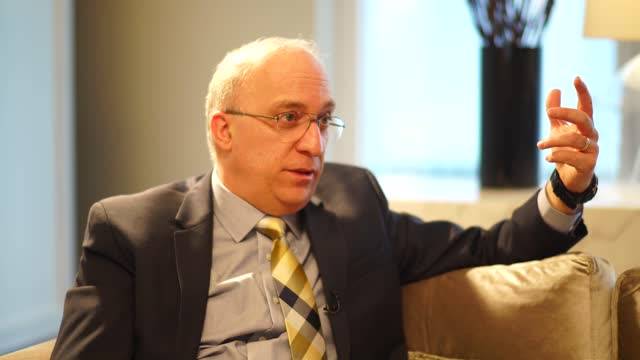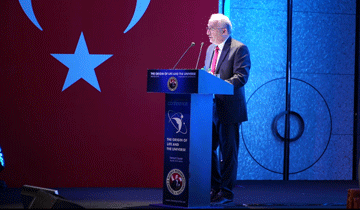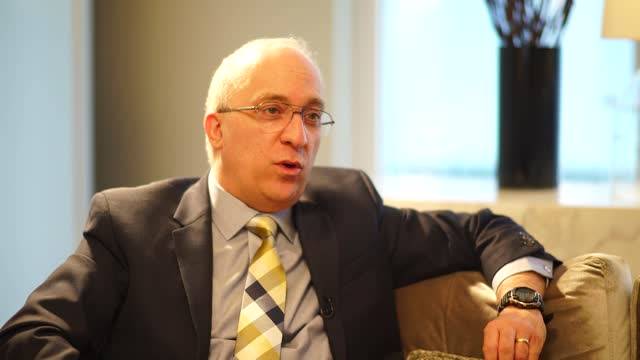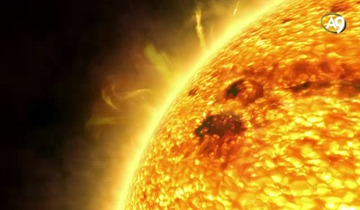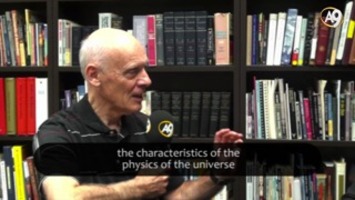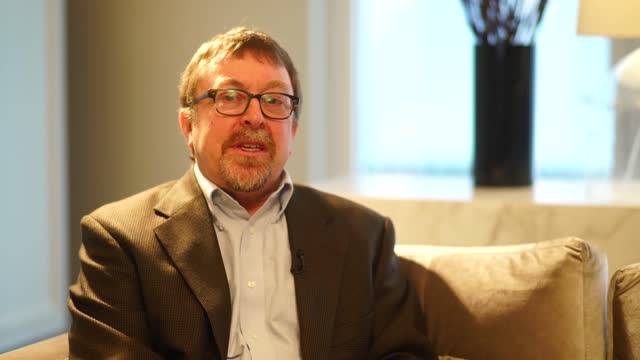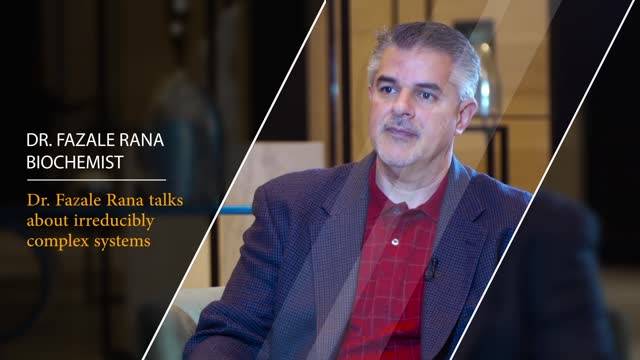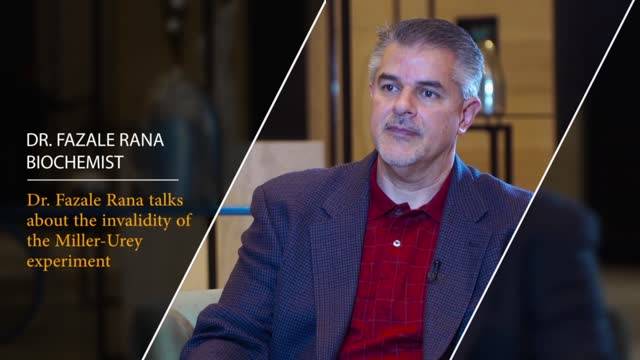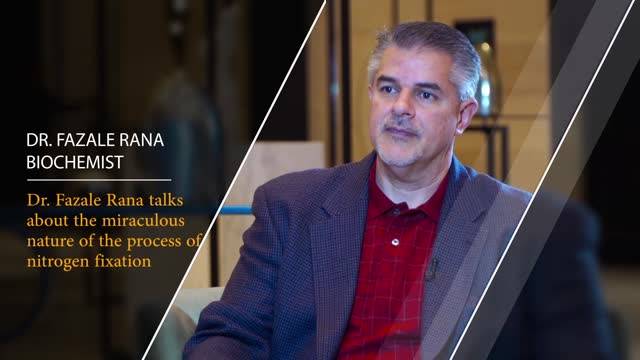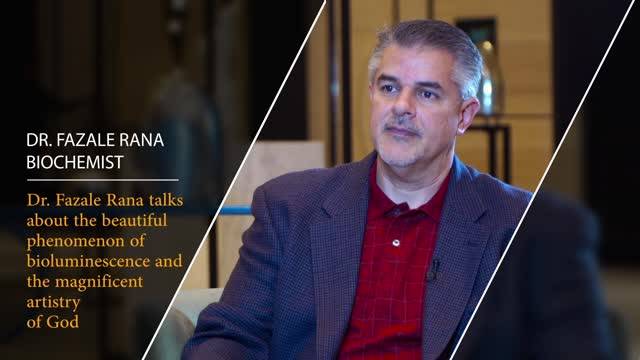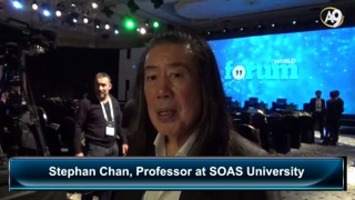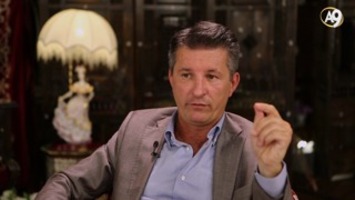Dr. Bijan Nemati Talks about the Tremendous Speeds Involved in the Universe
- Our earth, our solar system, galaxy and the universe are moving at incredible speeds and the universe keeps expanding. Can you tell us about these movements? How is it possible that we are moving so fast in space and feel absolutely no movement, no rush? How come we are not hurled into space?
- What we understand now in the general cosmology of our world is that the universe is in a state of expansion and the rate of expansion is high so that for example our entire galaxy, relative to other galaxies, is moving at tremendous speeds. For example, something like a thousand kilometers per second is just the difference between the speed of our galaxy and a nearby galaxy. These are tremendous speeds, and then within our own galaxy we believe that our sun is orbiting the galaxy at some high rate of speed, and then at some tens of kilometers per second the earth is orbiting the sun. So there are all these speeds involved and yet we feel so stationary. This has to do with the basic point that when the acceleration of an object is small, then a natural experience of motion doesn't exist. So, if you are in a very well made elevator in a tall building, what you’ll find is in the very well made elevators, you can feel the initial acceleration as you are changing your floor. For much of the rest of the travel, you have no sense of movement except some sound, maybe the numbers are changing, but you have no sense of motion. And just at the end when you are decelerating, you begin to sense it again. So, our bodies and our senses can detect acceleration, but they cannot detect non-accelerated motion, constant speed they cannot detect. Now my eyes can see, driving in a car, I can see things go by and I’ll have a sense of motion, but no other sense than that. In the case that we live on the earth of course, we do have all these speeds, our accelerations are small. Our speeds are very large, but because we don't have a sense of acceleration we don't feel it.




